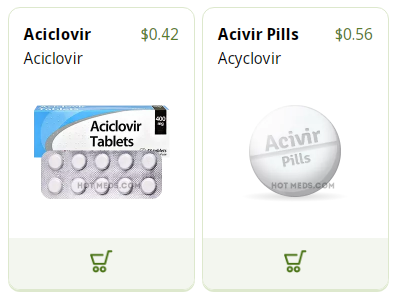Understanding and Managing Genital Herpes: Treatment and Prevention
Introduction
Genital herpes is a common and contagious viral infection caused by the herpes simplex virus (HSV). It affects millions of people worldwide and can lead to painful sores and discomfort in the genital and anal areas. While there is currently no cure for genital herpes, various treatments and preventive measures can help manage the condition and reduce the frequency and severity of outbreaks.
Treatment Options
Antiviral Medications:
Antiviral drugs like acyclovir, valacyclovir, and famciclovir are the primary treatment for genital herpes. They can help reduce the duration, severity, and frequency of outbreaks.
These medications work by inhibiting the replication of the herpes virus within the body.
Depending on the severity of the outbreak, your healthcare provider may prescribe either episodic treatment (taking medication during outbreaks) or suppressive therapy (daily medication to prevent outbreaks).
Pain Relief:
Over-the-counter pain relievers, such as ibuprofen or acetaminophen, can help alleviate the pain and discomfort associated with genital herpes sores.
Topical Creams:
Some topical creams or ointments containing lidocaine or numbing agents can provide temporary relief from itching and pain.
Preventive Measures
Safe Sexual Practices:
Consistent and correct use of latex or polyurethane condoms can reduce the risk of transmitting or acquiring genital herpes.
It's important to note that condoms may not provide complete protection, as the virus can still be present on areas not covered by the condom.
Abstinence:
Abstaining from sexual activity during active outbreaks can prevent the spread of the virus to a partner.
Medication for Prevention:
For individuals with frequent or severe outbreaks, suppressive therapy with antiviral medications can reduce the risk of transmitting the virus to sexual partners.
Regular Testing and Communication:
It's essential to get tested for genital herpes if you or your partner suspect an infection.
Open communication with sexual partners about your herpes status is crucial for preventing transmission.
Lifestyle and Self-Care
Healthy Living:
Maintaining a healthy lifestyle, including a balanced diet, regular exercise, and stress management, can help strengthen your immune system and reduce the frequency of outbreaks.
Hygiene:
Keeping the genital area clean and dry can help prevent irritation and secondary bacterial infections.
Conclusion
While there is no cure for genital herpes, effective treatments and preventive measures are available to help individuals manage the condition and reduce its impact on their lives. Early diagnosis, antiviral medications, and safe sexual practices play crucial roles in minimizing the transmission and symptoms of genital herpes. Remember to consult with a healthcare provider for a personalized treatment plan and guidance on managing this common viral infection.
Last updated
